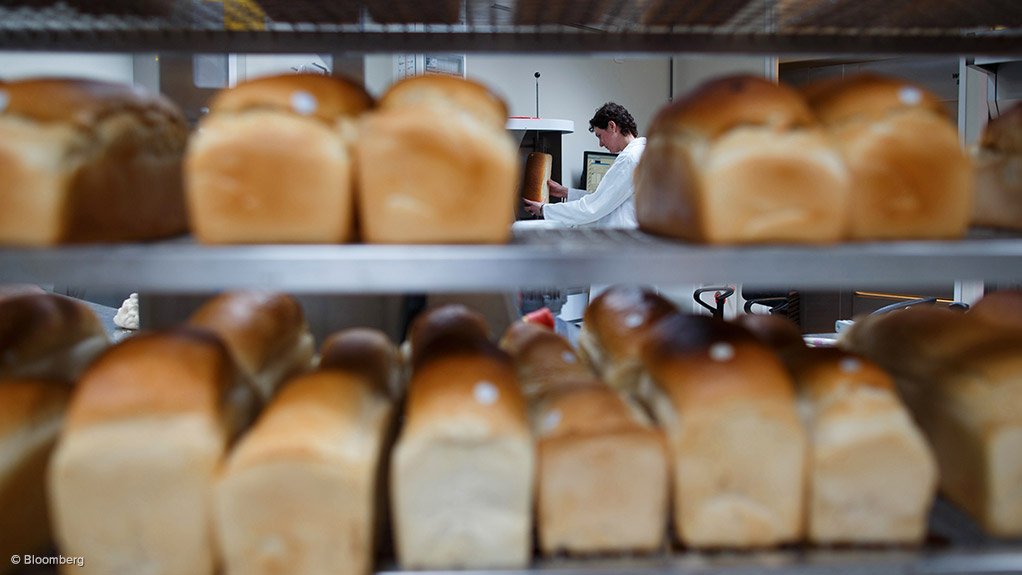Pietermaritzburg Economic Justice & Dignity Group (PMBEJD) programmes coordinator Mervyn Abrahams on Monday expressed concern that the food value chain in South Africa is not transparent, as more citizens battle to afford basic food items.
He was speaking to Polity following the release of worrying statistics by the PMBEJD that South Africans are paying nearly R5 000 for a basic food basket — R570 more than a year ago.
According to the recent statistics even middle-class South Africans are struggling to make ends meet as the energy crisis continues.
Abrahams warned that the country could see increased household food security risks because of the recent electricity and municipal tariff hikes.
He told Polity that more and more households were taking money from food budgets owing to an increase in electricity costs.
He also blamed “farmgate costs” and financial increases in the country’s value chain for rising costs.
“It is almost impossible to tell exactly where in the value chain these increases are happening. In fact, whether they are linked to loadshedding, or if they are justified or not, it is a case of greedflation, where companies are taking exorbitant profits to make up for past losses…there is no data available to make a proper assessment,” said Abrahams.
The findings have also revealed that the average cost to feed a child in South Africa has increased by R92.11 in the past year, now costing R864.06 a month for just a basic nutritious diet.
Abrahams said those households that were unable to afford nutritious foods, owing to insufficient levels of income, could not depend on the child support grant to feed children a well-balanced diet.
He pointed out that when children were stunted, they were more likely to be sick, which in turn had a negative impact on the fiscus and society at large.
Abrahams added that when a new cohort of workers entered the labour force around the age of 25, they were more likely to enter as labourers, meaning that they would also earn the lowest wages that the labour market offered, increasing the intergenerational poverty line.
The economic growth will also be impacted, according to the PMBEJD, as educational investment is likely to compete in a changing world and with new kinds of industrial jobs which will impact the economy.
In addition, he warned that “what we put on the plate today, creates the economy for South Africa in 20 or 30 years from now”.
When asked about the major factors impacting the cost of living, Abrahams mentioned the bottlenecks in the transportation of food, owing to the Covid-19 pandemic and the ongoing Russian invasion of Ukraine.
He added that Eskom’s failure to keep its house in order, as the country battled power outages, had resulted in more costs to farmers and food producers and manufacturers.
“Unless we get our loadshedding and energy issues resolved, it is likely that it is having an impact on food prices,” he asserted.
He added that many households had reduced the meals they eat per day which he said was bad for health.
He said structural issues that were keeping food prices high should be assessed, including the issues of food systems and logistics costs.
EMAIL THIS ARTICLE SAVE THIS ARTICLE ARTICLE ENQUIRY FEEDBACK
To subscribe email subscriptions@creamermedia.co.za or click here
To advertise email advertising@creamermedia.co.za or click here












